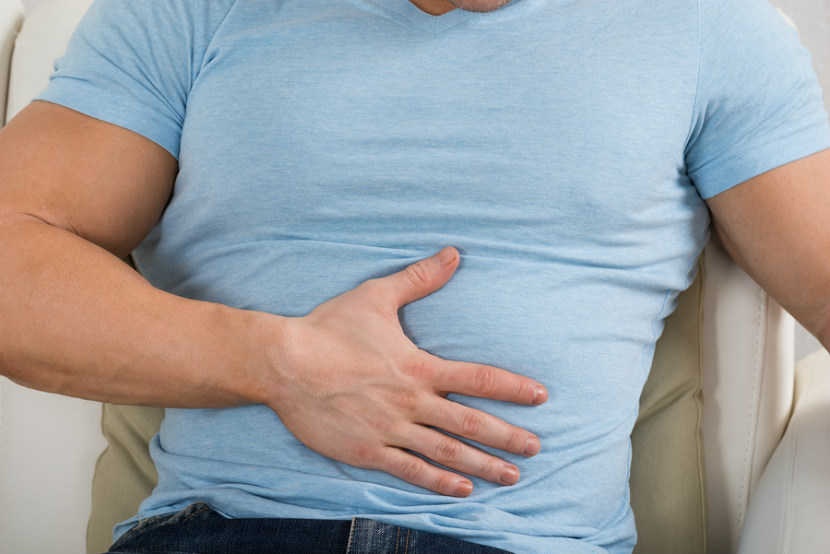
Everyone has gas, and some people may experience more gas than others. Read on to learn about gas and ways to manage it.
What is gas?
Gas is air that is produced in your digestive system and released by burping or flatulating (passing gas from the rectum).
What causes gas?
Swallowing air causes most of the gas we make. Healthy bacteria in our large intestine (colon) make the rest of the gas. This bacteria feed on foods we eat, like vegetables, beans and lentils. Digestive conditions that can also cause gas are:
How do I reduce gas?
You can’t stop your body from making gas, but there are ways to cut down on how much gas you make. Try these tips to help you limit the amount of air you swallow:
-
Eat your meals slowly and relax while you eat.
-
Try not to speak with food in your mouth. Speak after you swallow.
-
Avoid carbonated beverages, like pop or beer.
-
Drink lukewarm fluids instead of hot.
-
Avoid using a straw or drinking directly from a bottle.
-
Avoid chewing gum or eating hard candies.
-
If you smoke or chew tobacco, aim to quit.
If you still have discomfort with gas, try making a few changes to your eating plan:
|
If these foods give you gas:
|
Try this:
|
|
Milk and milk products
|
Lactose-free milk, yogurt and cheese. Plant based beverages like fortified soy, rice or almond beverage.
|
|
Canned beans
|
Dry beans. Pre-soak them for at least 4 hours in water. Drain and rinse before cooking.
|
|
Vegetables like broccoli, cabbage, Brussels sprouts, onions, artichokes
|
Eat them in small amounts. Mix these vegetables with other ingredients in a stir fry.
|
|
High fibre foods like legumes (beans, peas, lentils), whole grain breads and cereals
|
Introduce these foods slowly. Remember to drink more water as you add high fibre foods to your diet.
|
|
Carbonated soft drinks and fruit juice
|
Drink occasionally and in small amounts. Choose water and add lemon and lime slices.
|
|
Foods sweetened with sugar alcohols (e.g., sorbitol), like flavoured beverages, baked goods and candy
|
Eat occasionally in small amounts. Look for foods that are sweetened with other sweeteners such as aspartame.
|
You can also try:
-
Removing or limiting foods may be causing more gas. Re-introduce these foods slowly to help reduce the amount of gas you make.
-
Keeping a record of foods you eat and what your symptoms are.
When should I see my health care provider if I am experiencing gas?
In most cases, gas is harmless. If you feel you have too much gas, or if you experience other digestive problems like vomiting, diarrhea, chronic constipation and heartburn along with gas see your health care provider.
Bottom line on gas
Gas is a normal function of our bodies and is usually harmless. Symptoms can be managed through diet and lifestyle changes. If you have discomfort with gas or experience more serious symptoms, speak with your health care provider.
Last Update – September 18, 2018